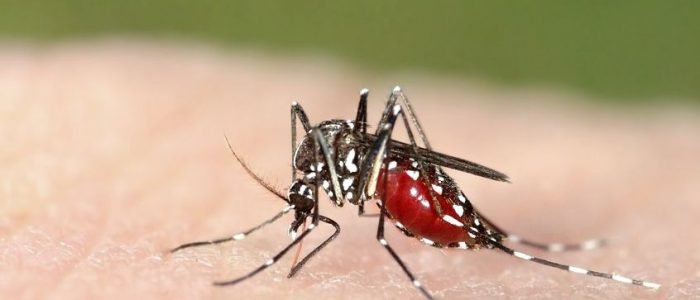When Does Mosquito Season Begin And End In New York State, And How Can Residents Recognize Disease-Spreading Species?
The beginning and end of the mosquito season varies slightly from year-to-year in all areas around the globe. According to Laura Harrington, a professor of entomology at Cornell University, mosquito season generally lasts from the end of April and into October in New York state, but mosquitoes may emerge before April if the spring climate is unusually warm. Unfortunately, mosquito season has been starting earlier and ending later in northern temperate regions due to warming global temperatures.
New York state is home to 70 mosquito species, some of which transmit diseases such as the West Nile virus and eastern equine encephalitis. Most mosquito species in New York do not bite humans, but the most common biting mosquito species in the state, Culex pipiens, tends to engage in heavy biting activity during dawn and dusk. This species is more commonly known as the “northern house mosquito,” and it readily enters homes where they are often found during the winter season. This species transmits the West Nile virus, but they are not considered a significant disease threat while overwintering within homes.
Aedes albopictus, or the Asian tiger mosquito, is a far more aggressive biter than the northern house mosquito, and they constantly collect human blood-meals throughout the day in urban and suburban areas of New York. This species often feeds on animal blood, but they also favor human blood-meals, and they spread several diseases, including West Nile and EEE in New York. Asian tiger mosquitoes inflict repeated bites that many consider to be particularly painful, and they are potential vectors of the Zika virus. Luckily, residents of New York are not at risk of contracting the Zika virus, and all residents who have been diagnosed with Zika contracted the disease overseas. Dr. Harrington recommends mosquito repellents that contain either DEET or Picaridin, and it is important to note that repellents containing citronella are largely ineffective at preventing mosquito bites.
Have you known anyone who has contracted any type of mosquito-borne disease?


Comments are closed.